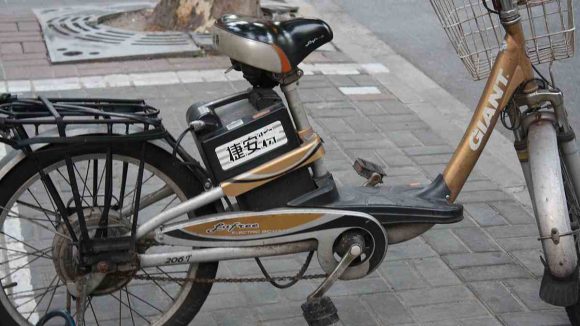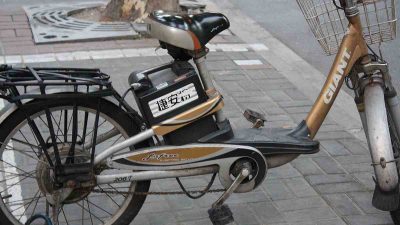Experts are raising concerns over ‘lower quality lithium-ion batteries’ entering the market, increasing the fire risk from charging devices such as e-bikes.
The Guardian is quoting associate professor Robert Kerr, flagging a lack of regulation around how the technology is developed as a ‘major’ red light. There is no regulation and education on how people should charge the batteries.
A hostel in Darlinghurst was engulfed in flames recently. Officials have confirmed the cause of the blaze was suspected to have come from a faulty e-bike plugged into a charger.
Regulation concerns
According to the US transport department, lithium batteries are regulated as a hazardous material under government’s hazardous materials regulations (HMR).
Government views any material that poses an “unreasonable risk to health, safety, and property when transported in commerce” as dangerous under the HMR. It clearly states that lithium batteries must “conform to all applicable HMR requirements when offered for transportation or transported by air, highway, rail, or water.”
However, the implementation and regular check-ups on this regulation are far from desirable.
Kerr told the media it is widely known that a “lack of regulation around these batteries was leading to poor quality product.” He claims at the heart of the problem lies “dodgy products and a lack of quality control” entering countries.
Urgent intervention required
The Australian Competition and Consumer Commission (ACCC) has confirmed one fatality linked to the lithium-ion battery fire and more than 200 product safety reports in the past five years.
It’s also known that 23 of these batteries have been recalled, affecting thousands of products in Australia.
Posing a chemical risk
Lithium cells and batteries pose a considerable risk electrical and chemical. “Unlike standard alkaline batteries, most lithium batteries manufactured today contain a flammable electrolyte and have an incredibly high energy density. They can overheat and ignite under certain conditions, such as a short circuit, physical damage, improper design, or assembly. Once ignited, lithium cell and battery fires can be difficult to extinguish. Although infrequent, events can result in lithium cells and batteries experiencing thermal runaway, a chain reaction leading to a violent release of stored energy and flammable gas. This thermal runaway can propagate to other batteries or combustible materials nearby, potentially resulting in large-scale thermal events with severe consequences,” the US transport department explains.
The ACCC also confirms that “poorly manufactured” batteries are “posing a significant risk to consumers.”
About the author
Mia is a multi-award-winning journalist. She has more than 14 years of experience in mainstream media. She's covered many historic moments that happened in Africa and internationally. She has a strong focus on human interest stories, to bring her readers and viewers closer to the topics at hand.










